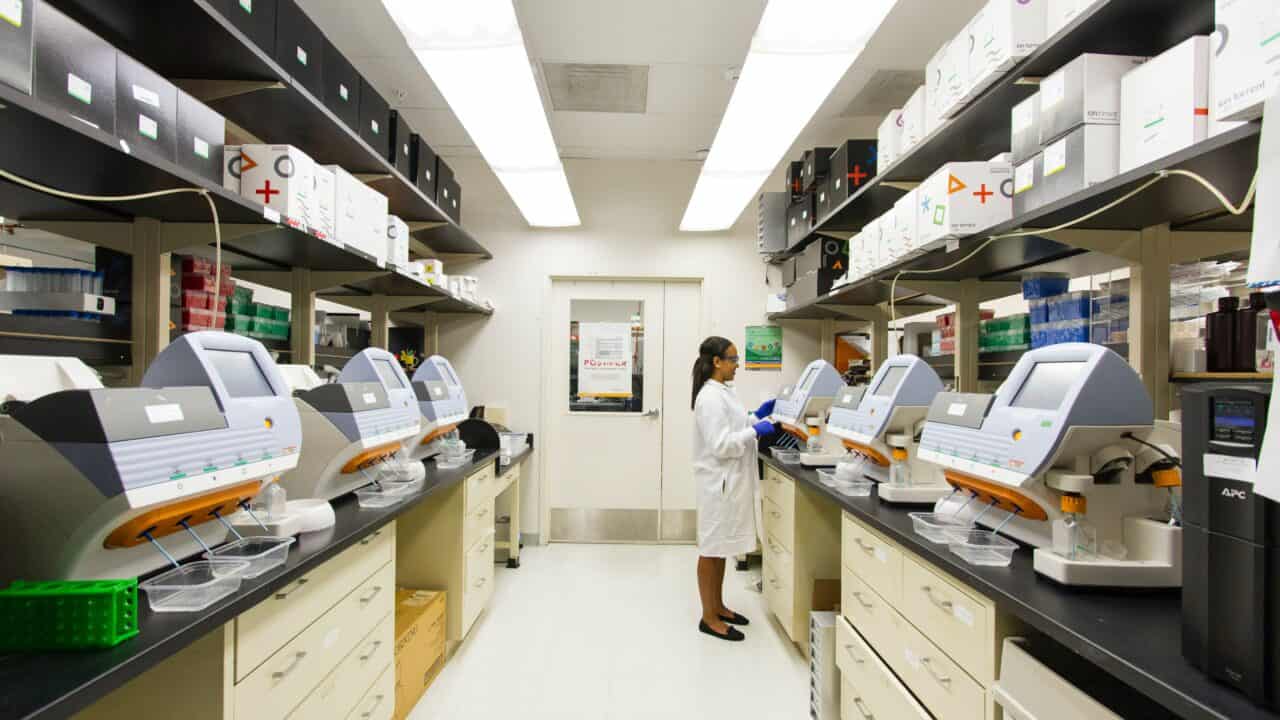 Photo by National Cancer Institute on Unsplash
Photo by National Cancer Institute on Unsplash
Today, the Senate Judiciary Committee is holding a hearing considering S. 150, the Affordable Prescriptions for Patients Act. This legislation would stunt medical innovation and damage the U.S. system of property rights broadly. Lawmakers should reject weakening pharmaceutical patents in this way.
This bill would amend the Federal Trade Commission (FTC) Act to effectively establish a presumption of anticompetitive behavior in post-approval innovations. The legislation creates two new terms – product hopping and patent thicketing – and defines them so broadly that they would impact innovators that play by the rules, not just bad actors.
The bill defines “product hopping” as attempts to block generic entry through the creation of new healthcare delivery efficiencies, regardless of how beneficial the product may be. In many cases, these efficiencies create substantial value to patients that improve quality of life, are more convenient or efficient to administer, or come with fewer side effects.
These innovations are not intended in any way to block generic competition. Moreover, new innovations do not extend the patent protection for the original product. Still, under this law, the FTC is given unprecedented authority to treat these normal and helpful innovations as anticompetitive.
The bill defines “patent thicketing” as efforts by manufacturers to obtain multiple patents in order to create long-term monopolies. Again, this is so broad that it puts at risk manufacturers who have a legitimate need to protect their innovations with patents.
To be clear, patents are not currently given out freely – they are granted by the U.S. Patent and Trademark Office for novel and non-obvious inventions. While they prevent competitors from bringing an exact duplicate to market, they do nothing to prevent the development of similar medicines.
Further, there are already legal remedies the government has to combat antitrust behavior by pharmaceutical companies. These new standards would put good actors at risk.
Due to the passage of the Inflation Reduction Act, medical innovation is already under heightened risk. Even before Democrats’ price controls on medicine have gone into place, several drug manufacturers have already ended drug-development programs. A recent study by University of Chicago economist Tomas Philipson found that these price controls will kill $18.1 billion in annual spending on cancer R&D, wiping out nearly a third of the current annual spending on this research.
The strong patent system is why the U.S. is a world leader in medical innovation. We cannot continue to chip away at this industry while expecting it to deliver for patients, the workforce, and the economy.
Because developing medicines is so expensive, time-consuming, and unpredictable, the market is especially sensitive to disincentives. Certainly, if you are at risk of becoming a target of the FTC for changing a drug’s dosage, expanding its potential uses, or simply changing the way it is administered, these improvements will happen less. Ultimately, this hurts patients.
Lawmakers should reject S. 150, the Affordable Prescriptions for Patients Act.

